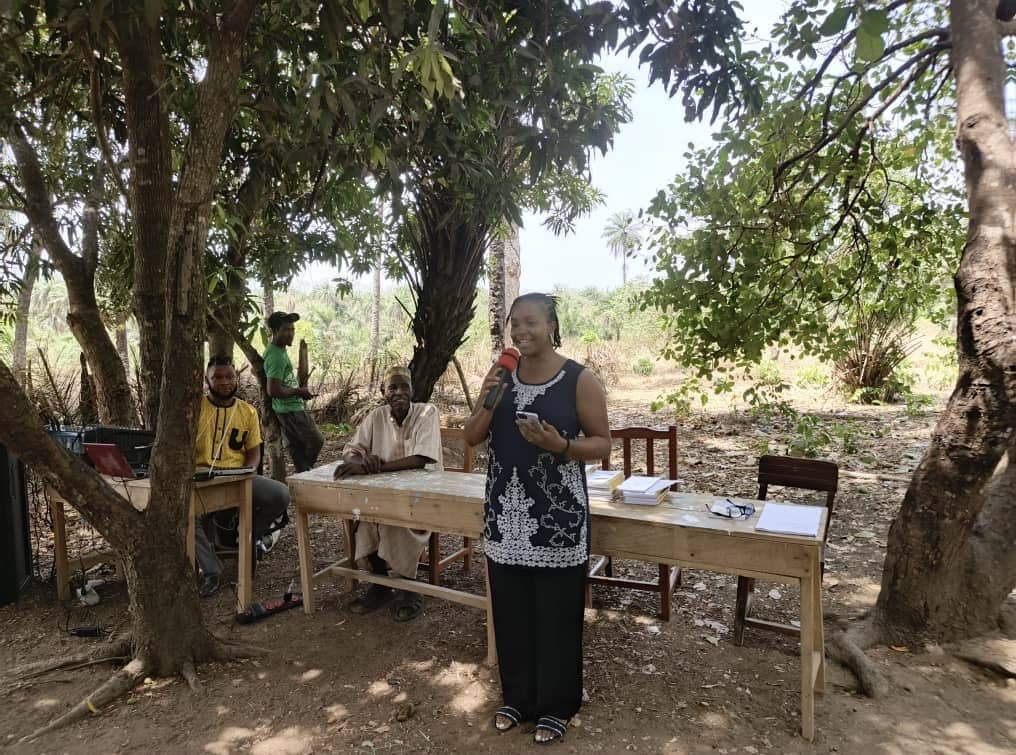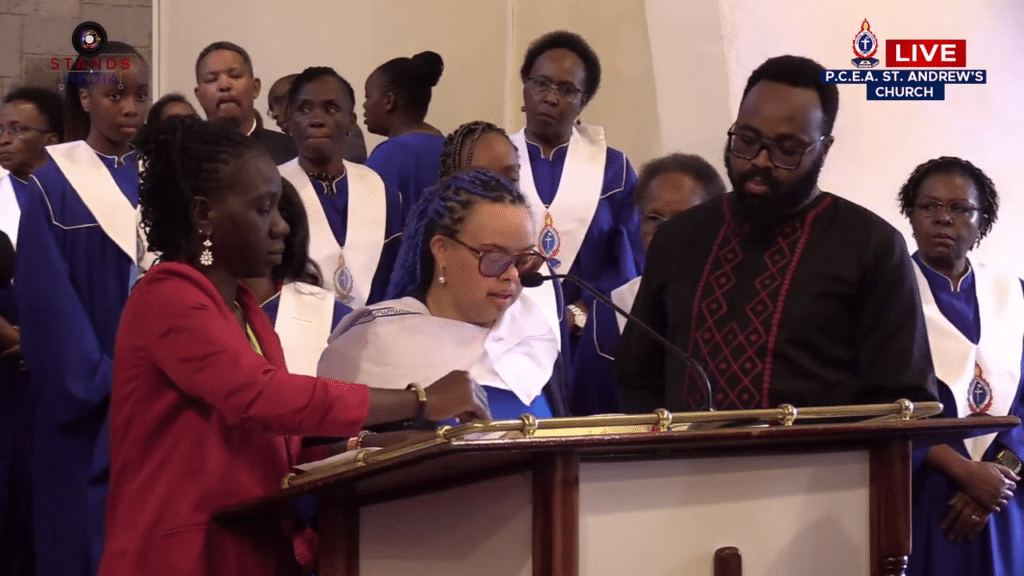Tree Planting in Ghana
Ghana
The Evangelical Presbyterian Church, Ghana is an established partner of Global Ministries, having been founded in the 1840’s. The denomination is one of Africa’s oldest self-governing churches and has strong roots in the Evangelical and Reformed tradition. The EP Church, Ghana includes approximately 600,000 members and 512 congregations. The EP Church, Ghana is very committed to its spirituality and social action ministries.
The Alliance of Religions and Conservation (ARC) and the Evangelical Presbyterian Church Partnership began in 2006 through the All Africa Conference Churches that served as a bridge. The partnership assumed a new dimension and was strengthened in 2012 through collaborative action that saw the two institutions acting together to achieve positive results in the area of environmental protection in Ghana, in line with the EP Church, Ghana Policy on Climate Change and Environment.
In February 2012, the ARC organized a workshop on Tree Management and Conservation for faith bodies in Northern Ghana. The purpose of the workshop was to highlight the challenges of land degradation and the threat of desertification that has inundated and continues to threaten the Northern Regions of Ghana. The selected participants came from the Inter Faith Platform, relevant government institutions, program officers of Faith Based Organizations, civil society organizations, and religious leaders. The EP Church, Ghana’s involvement was as a result of previous work done and experience gained in the development of community woodlots through tree planting activities that the church had undertaken in the Northern Region between 2002 and 2006. Participating religious organizations in the February 2012 workshop included the Catholic Church, the Presbyterian Church of Ghana, the Methodist church, Evangelical Presbyterian Church, and major Muslim organizations. Participants were taken through a three-day training workshop that educated them on the correct approaches to tree planting and growing on dry lands, as well as nursery management skills.
A second workshop took place in May where selected participants, representing their various religious organizations, were taken again through the rudiments of tree nursery development and operations. Participants spent one full day at the central nursery of the public Forestry Division where they were taken through the practical methods of collecting seeds, raising tree seedlings, and how to construct ridges successfully. This was a hands-on training session that had practical sessions to specifically equip the participants with practical skills that would enable them to undertake the development of tree nurseries at their various constituencies with very little or no support from the forestry department.
In Northern Ghana, a total of 20,000 seedlings were procured from the Forestry Department and distributed among major religious organizations for planting during the main rainy season. They included the Catholic Churches in Damongo, Wa and Tumu, Evangelical Presbyterian Church in Tamale Metropolis, Methodist Church at Yendi , Presbyterian Church of Ghana at East Gonja, Ahmmadiya Muslim Mission at Yendi and Salaga, Federation of Muslim Women Associations at Tamale, Central Mosque in Tamale, and the Al Sunna at Bolgatanga. Planting took place in the months of June and July when rains were heaviest and the seedlings expected to be very well established before the dry season.
A total of 23,900 seedlings were actually planted and the average survival rate was 72.22 percent, covering a total land area of 32 acres. In Southern Ghana, the EP Church, Ghana started tree planting in the new community of Adaklu Waya in the Volta Region on a five acre plot. A total of five thousand seedlings were planted out of which a survival rate of 80 percent was recorded.
As a result of these plantings, 32 acres of vegetation cover has been restored in Ghana, which goes a long way to contributing to mitigating the negative effects of climate change in Ghana, especially Northern Ghana, where studies have shown that climate variability contributes to poverty through food insecurity and seasonal migration. This project also has positively affected the threat of desertification due to the southward drift of the Sahara desert. Knowledge and skills transfer have taken place during project implementation where local communities and their leaders acquired new skills which they never had or otherwise would have had to pay for. Communities involved have developed resilience to the effects of climate change.
The project faces many challenges to include:
- The maintenance of the planted fields by communities.
- Inadequate knowledge of spraying weedicides and pesticides.
- Inappropriate clothing gear for tree planting activity.
- Inadequate funding.
The Partnership between the ARC and EP Church, Ghana should be strengthened even further to enable both to achieve tremendous success in the area of environmental protection which is key to addressing the menace of climate change in Ghana.
Global Ministries welcomes gifts for the EP Church, Ghana participation in these educational and practical activities in order to create bigger and better impacts on the people in some of the environmentally degraded areas of Ghana.
Support this Ministry
To make a gift for this ministry online or by check use the online donation page.
- 100% of your gift will be directed to Tree Planting in Ghana
- You will receive updates on the work in this area as they become available
- Share in the vision of God’s abundant life for all people
Related Content
Kushe o from Freetown, Sierra Leone
Written by KC King, Global Mission Intern with the Council of Churches of Sierra Leone Kushe o...
Read MoreGlobal Ministries grieves with Disciples of Christ Church of the Congo, Brazzaville (EDCC) over the loss of Rev. Peter Bongondé
Rev. Peter Bongondé, 68, was born on July 17, 1956, in Brazzaville, Republic of Congo, and...
Read MoreDEI: Try It, You’ll Like It
Written by: Phyllis Byrd serves with the Organization of Africa Instituted Churches (OAIC) in...
Read More

